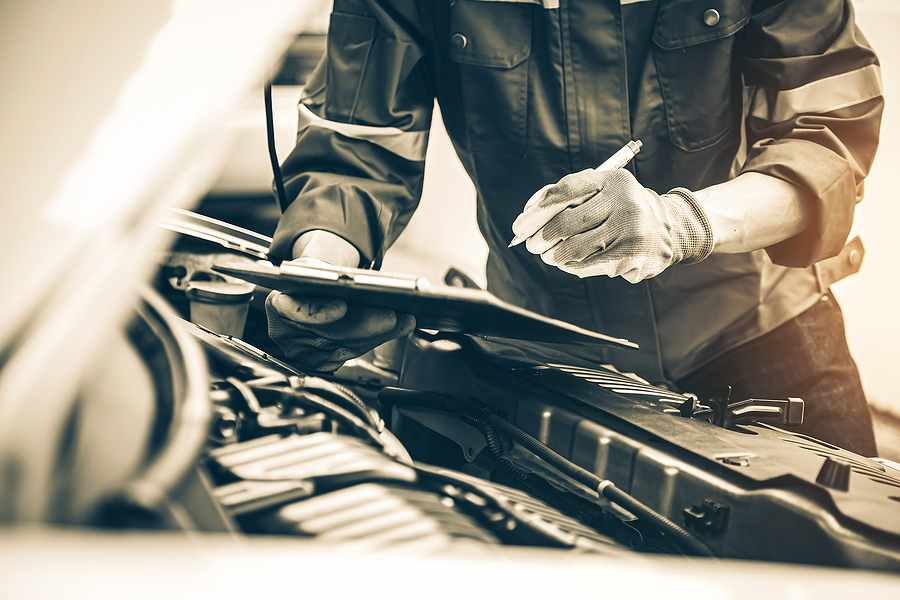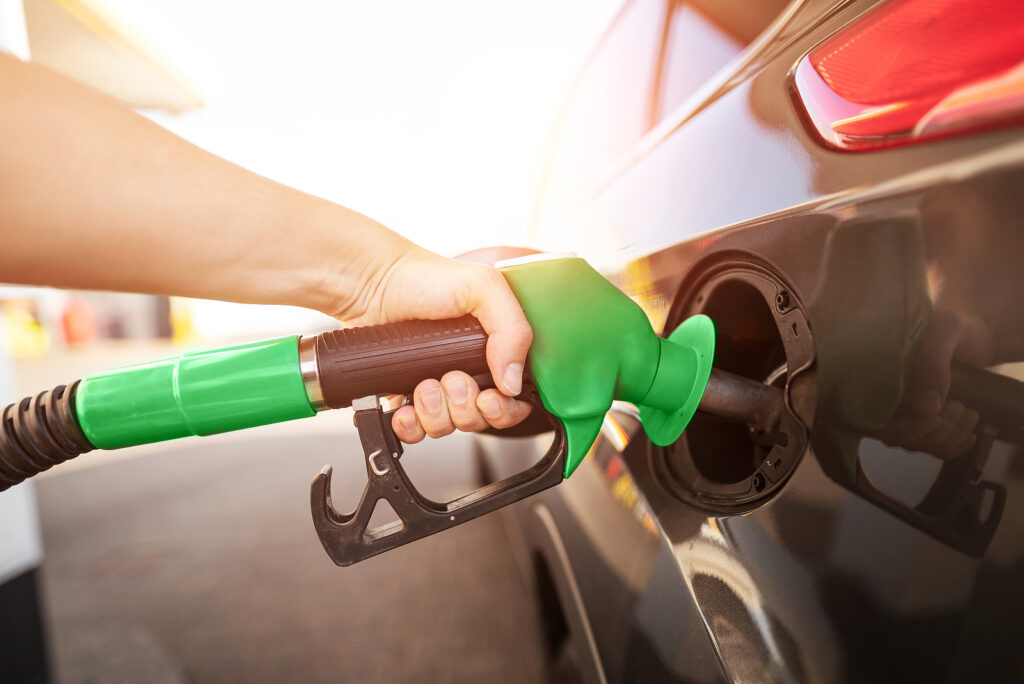You might not think about it often, but your car’s engine is a lot like your body. It needs regular maintenance to stay healthy and function properly. Just as you go to the doctor for a check-up, or take vitamins to boost your immune system, you need to perform routine engine flushes to keep your car running smoothly. Continue below to learn more about automotive engine flushing, including what they do, why they are important, and when to get one.

Introduction to Automotive Engine Flushing
An engine flush is a process where a specialized fluid, usually composed of detergents and other additives, is added to your engine’s oil. This fluid circulates through the system to remove deposits, contaminants, and other debris that may have built up over time. This helps maintain the condition of your engine by providing a deep cleaning to the internal components.
The Importance of Routine Engine Flushing Service
Engine flushes are an important part of regular vehicle maintenance, as they help keep the engine in good health. A flush involves adding a cleaning solution to the oil and running the engine for a few minutes. This helps to dislodge and remove any built-up dirt, grime, deposits, and sludge from the engine’s components. This helps to keep the engine running smoothly, efficiently and for longer.
Regular engine flushes are especially important in older vehicles, as the oil and components of the engine can become dirty or clogged over time. A flush can help increase fuel efficiency and prevent damage to other parts of your car’s engine. It is recommended that your engine is flushed at least once a year, but more often if you drive in hot and dusty environments.
When to Get an Engine Flush for Your Vehicle
An engine flush should be done periodically as part of your vehicle’s regular maintenance schedule, typically every 6 to 12 months by a licensed automotive mechanic. If an engine flush isn’t done regularly, the dirt and debris can build up and cause damage to other parts of the engine such as the pistons and valves. This can lead to expensive repairs or even engine failure. It is important to get an engine flush by a professional mechanic, as they will know how to use the right cleaning solution and can make sure that it is properly applied.
Conclusion
If you are overdue for an engine flush, it might be a good idea to have one done as soon as possible. Doing so will help extend the life of your vehicle’s engine, ensuring that it runs smoothly for years to come.
At Northeast Auto Service, our ASE-certified mechanics are ready to provide you with licensed and insured automotive repair and routine service in Indianapolis, Indiana. Our engine flushes effectively remove sludge and build up from your engine components, allowing them to operate more efficiently and helping you get the most out of every mile. Contact us today at 317-475-1846 to request service or get a free quote.
Related Posts:
3 Options for Homemade Engine Degreaser
How to Diagnose a Weak Car Engine
How Long Can I Drive With the Check Engine Light On?

